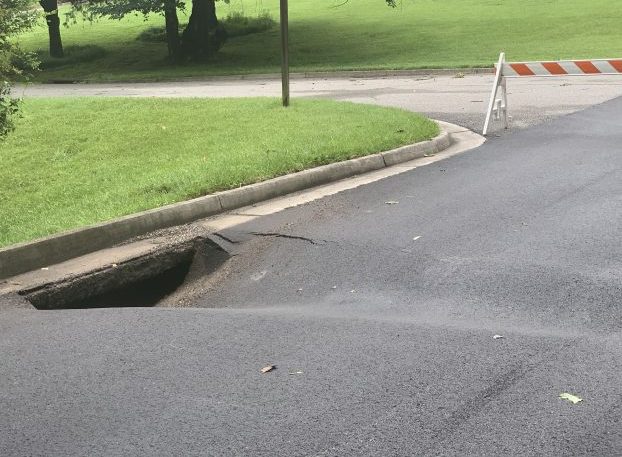Grant will establish ‘virtual department’ focusing on STEM
Published 12:39 pm Tuesday, February 28, 2017
Hampden-Sydney College (H-SC) has been chosen as one of three recipients of a grant from the National Science Foundation (NSF) to develop “a new virtual academic department that will focus on the analysis of big data, large sets of computational and observational data,” according to H-SC’s website.
The focuses of the new department, college officials said, “are becoming increasingly prevalent in Science, Technology, Engineering and Mathematics (STEM).”
According to the college, H-SC is set to receive $120,604 of the $479,762 grant over the course of three years.
Trending
Dr. Michael J. Wolyniak, the Elliott Associate Professor of Biology the college, said the remainder of the money was split between Embry-Riddle Aeronautical University and Bethune-Cookman University, both in Florida. Adams State University in Colorado is the lead institution for the grant.
H-SC, along with Embry-Riddle, Bethune-Cookman and Adams State, will work through Dec. 31, 2020 to develop a series of courses and a way of training students to handle and analyze big data.
Wolyniak and Dr. C. William Anderson, the H-SC McGavacks Professor of Chemistry, will represent H-SC.
The program, titled “Engaged Student Learning: Coalition for Undergraduate Computational Data-enabled Science & Engineering (CDSE) Education,” aims to create courses “exploring the many ways that computational science can be applied to STEM disciplines,” according to H-SC’s website.
“Hopefully, when we’re done, we, as an institution, will be better equipped to provide training into how to do work with a large quantity of data in their field,” Wolyniak said of the future courses. “From a personal perspective, and I’m sure from Dr. Anderson’s perspective as well, (this will) equip us better to teach new courses in this field as well.”
According to the website, the ultimate goal, if the project is successful, will be to involve more disciplines and spread the courses to more universities after 2020.
Trending
“Science is becoming more and more dependent on analysis of big data sets and on using applications of computational science,” Wolyniak said. “Exploring this sort of analysis through collaborations with students and faculty from other schools in the group presents Hampden-Sydney students with a unique and exciting opportunity.”





